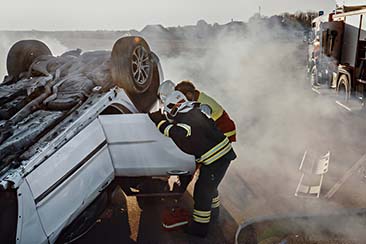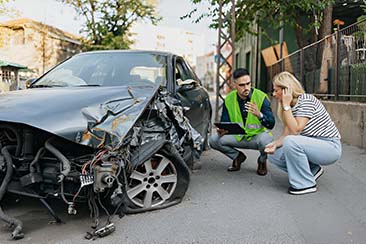As our loved ones age, it becomes increasingly important to take steps to ensure their safety. Whether they are living at home or in a care facility, there are certain things you can do to help keep them safe and healthy. This blog post will discuss nine elder care and safety tips you can use to protect your loved ones.
1 – Review their medications regularly and make sure they are taking them as prescribed
As our loved ones age, it is essential to monitor their medication use closely. Make sure you know what medications they are taking and why, and review the dosage and frequency with their doctor on a regular basis. Also, be sure to ask about any potential side effects or interactions with other medications or supplements that your loved one is taking.
It is also essential to ensure that your loved one is taking their medications as prescribed. Missing doses can be dangerous, so be sure to keep track of when they take their pills and help them remember if necessary. If you suspect that your loved one is not taking their medication as prescribed, talk to their doctor right away.
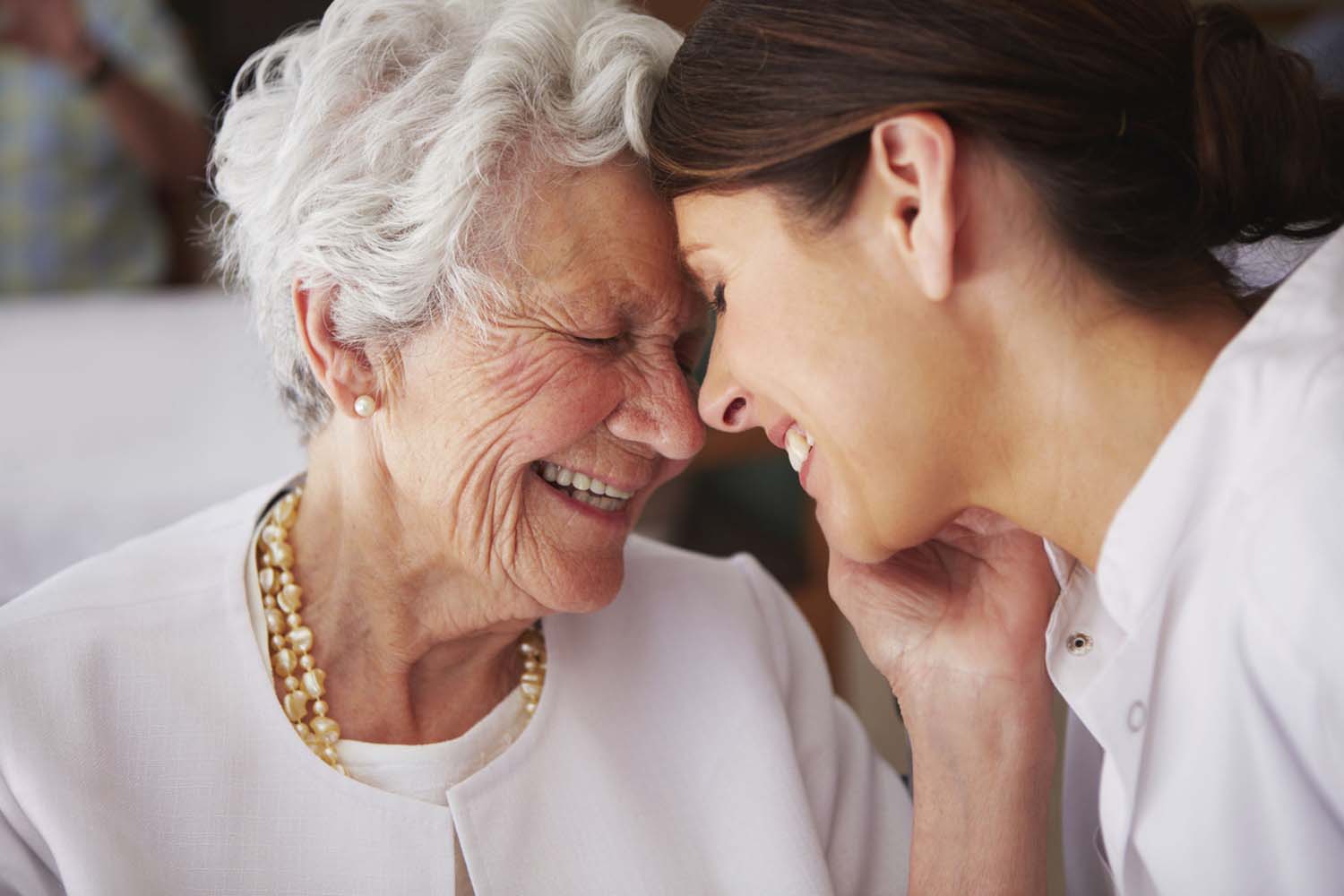
2 – Help them stay active and eat a healthy diet
Encouraging our loved ones to stay active and eat a healthy diet is important for their overall safety and well-being. Exercise can help reduce the risk of falls, improve balance and coordination, and increase muscle strength. In addition, eating a healthy diet can help boost immunity, prevent chronic diseases, and promote cognitive health.
There are many ways to help our loved ones stay active. If they are able, take them for walks around the neighbourhood or to participate in gentle exercises like Tai Chi or Yoga. If they cannot be as active, helping them do range-of-motion exercises at home can still be beneficial. And finally, make sure they are eating nutritious meals that include plenty of fruits, vegetables, and whole grains.
If you are unsure about how to help your loved one stay active or eat a healthy diet, talk to their doctor for guidance.
3 – Help them stay socially engaged
Social isolation can be detrimental to our health, especially as we age. It can lead to depression, anxiety, and cognitive decline. Therefore, it is important to help our loved ones stay socially engaged. This can involve anything from taking them to social events or joining a seniors’ group with them to simply spending time talking with them on a regular basis.
If your loved one is struggling with social isolation, there are many resources available to help, such as senior centres, adult day care facilities, and home health services.
4 – Keep their home safe
Making sure our loved ones’ homes are safe is an essential part of keeping them safe overall. There are many potential hazards in the home, so it is important to do a walk-through of their living space and identify any potential dangers. Some common hazards include loose rugs or carpets, electrical cords that are not adequately secured, and stairways with no handrails. Once you have identified any potential hazards in the home, take steps to fix them right away.
In addition to physical hazards, there are also safety concerns when it comes to medications and other household products. Be sure that all medications and chemicals are stored properly and out of reach of children or pets. And be sure to dispose of expired or unused medications properly.
You can also help your loved ones by keeping their home clean and clutter-free. This will reduce the risk of falls and make it easier for them to move around safely.
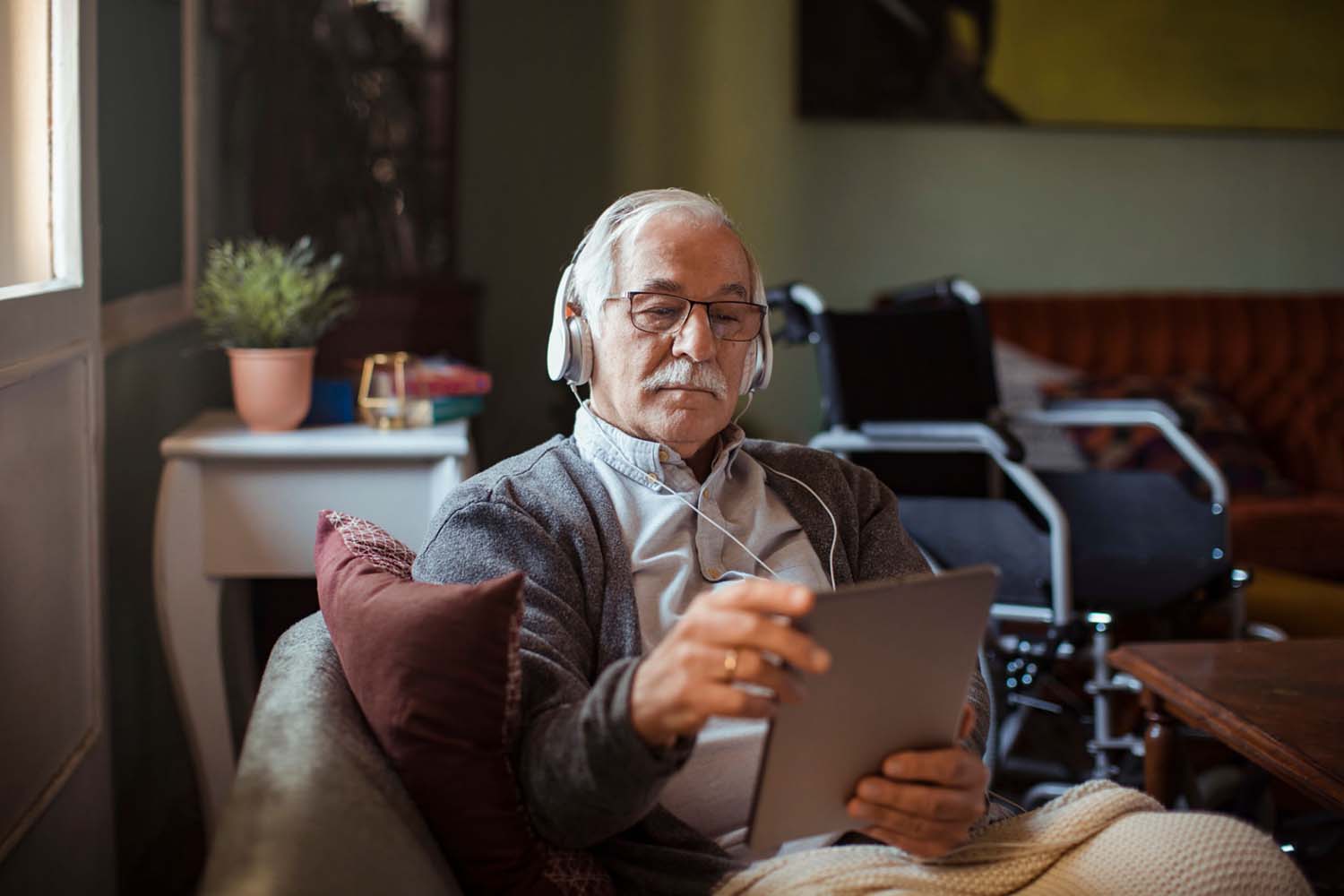
5 – Monitor their mental health
Mental health is just as important as physical health, especially for seniors. Unfortunately, conditions like depression and anxiety can lead to a decline in physical health, so it is essential to monitor your loved one’s mental health and get help if necessary. Warning signs of mental health problems include changes in sleeping or eating habits, withdrawal from social activities, excessive worry or sadness, and feelings of hopelessness.
If you notice any of these warning signs, talk to your loved one’s doctor right away. They can provide guidance on how to help your loved one best. There are also many community resources available to help those struggling with mental health problems, such as support groups and counselling services.
6 – Help them stay organised
As we age, it can become more challenging to keep track of our belongings and daily responsibilities. This can lead to feelings of anxiety and stress. However, you can help your loved ones by staying organised and keeping track of their important documents and appointments.
You may also want to consider getting a personal assistant or home health aide to help with some of the day-to-day tasks such as cooking, cleaning, and transportation. This will free up time for your loved ones to relax and enjoy their retirement years.
7 – Keep their mind active
Cognitive decline is a common concern as we age, but there are things we can do to help prevent it. One of the best ways to keep our minds sharp is to stay active and engaged. This means keeping our minds challenged with new tasks and activities.
There are many ways to do this, but some great options include doing puzzles, reading, playing cards or other games, and taking classes. There are also many community resources available for seniors, such as senior centres and adult education programs.
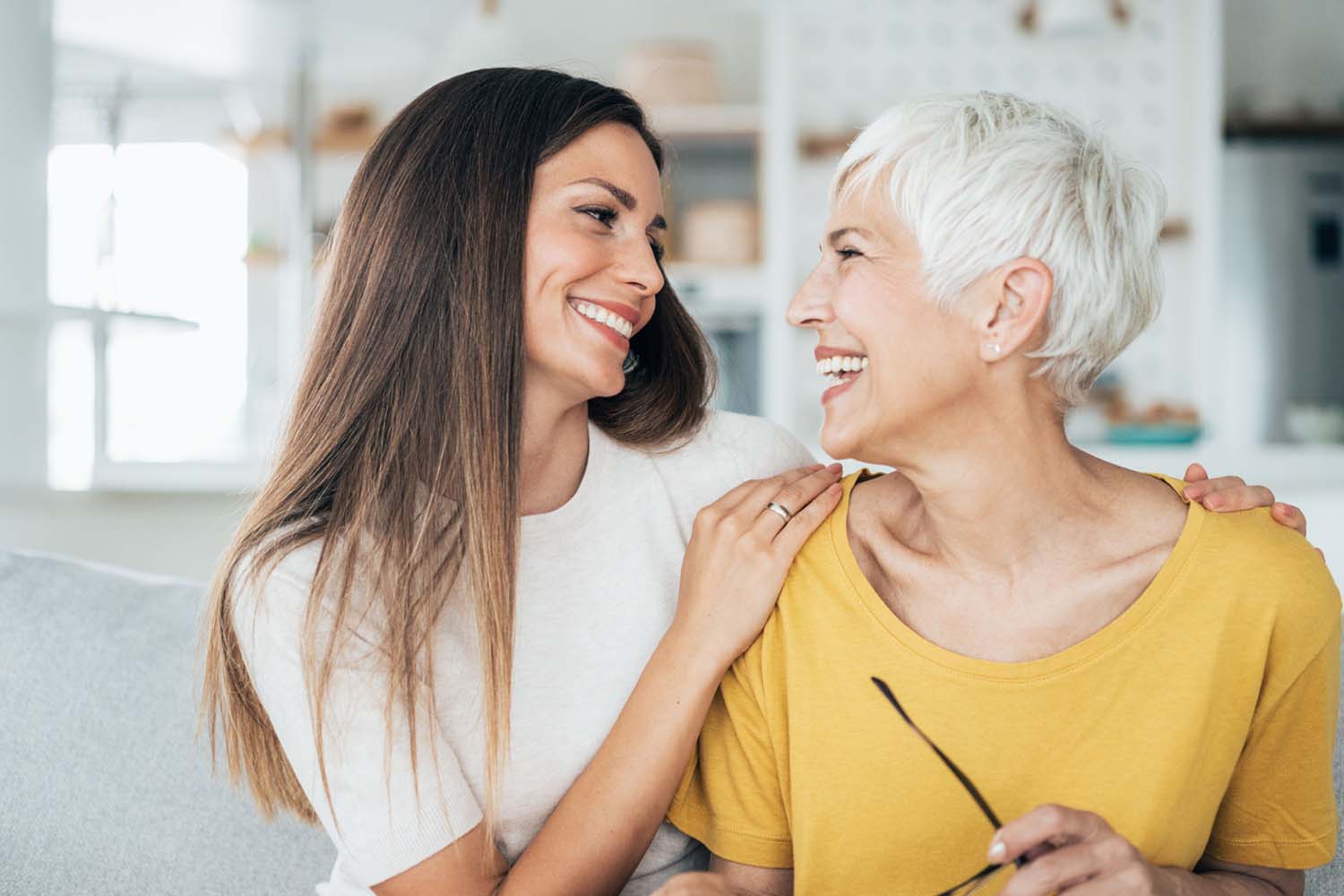
8 – Get a medical alert system
A medical alert system can provide peace of mind for both you and your elderly loved one. If they have a fall or other medical emergency, they can push a button to summon help immediately. There are many different kinds of medical alert systems on the market, so do your research to find the best one for your needs.
A good example is personal alarms. Personal alarms are an excellent way to keep your elderly loved one safe. They can be worn around the neck or on a wrist, and they will emit a loud noise if the wearer falls or feels dizzy. This can help you to find them and provide assistance quickly.
Many seniors are reluctant to get a medical alert system because they don’t want to feel like they’re being monitored. But if it gives you peace of mind, it’s worth considering.
911 is always an option, but having a medical alert system gives you, and your elderly loved one a sense of security.
9 – Keep significant phone numbers handy
Make sure you have a list of significant phone numbers handy, including the number for 911. Post the list in a conspicuous place, such as on the refrigerator door. If your elderly loved one has a cell phone, program emergency contacts into it so they can be reached even if they can’t remember their own phone number.
You should also have the numbers for their doctor, any specialists they see, their pharmacy, and their insurance company. It’s also a good idea to keep the contact information for a few close friends or relatives who can be called upon in case of an emergency.
Having all of these numbers easily accessible will help you to quickly get the help your elderly loved one needs in an emergency situation.
In conclusion, following these nine tips will help you to keep your elderly loved one safe. While no system is perfect, taking these precautions will give you both peace of mind.


